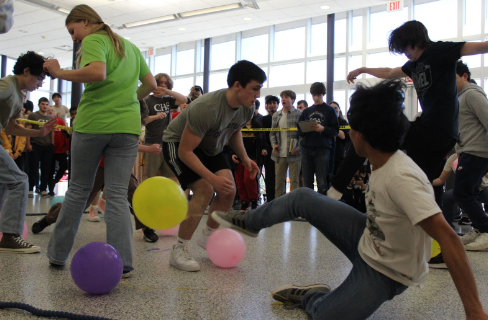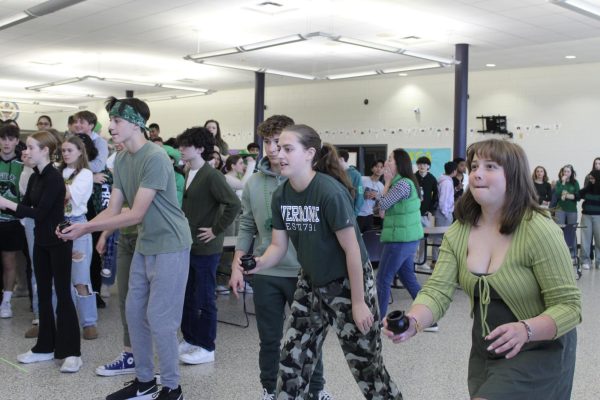CHS turns the page on summer reading
Creative Commons photo courtesy by minju_lee from Pixabay
This summer, CHS opted out of assigning school-wide reading. https://creativecommons.org/licenses/by/2.0/
September 13, 2019
While summerreading.net says that reading over the two-month summer break can neutralize summer learning loss and even improve self-esteem, CHS opted out of assigning school-wide reading this year. Aside from juniors or seniors entering AP Calculus or the incoming freshmen, students were free of any academic responsibilities.
“Mr. Gleason has a philosophy that summers should be down time for work, family, and vacation,” said guidance counselor Sandra Gidos. According to Daily Bruin, a summer spent relaxing allows students to feel more refreshed and prepared for the upcoming school year. A duty-free summer also gives teens the ability to work on personal projects, without having the obligation of completing a specific assignment.
Junior Charlotte Frick of Wall used this downtime to her advantage. She said that while there was no obligation to do so, she read more than usual this summer. The lack of a structured assignment gave her the freedom to choose books she was actually interested in, rather than being limited to one or two.
Still, Frick said she has enjoyed summer reading assignments in the past. “Coming in as a freshman, it gave me something to talk about with people,” she said. “You could go up to just about anyone and ask them about their favorite character or something from the book.”
Other students, however, were more than thrilled with the absence of summer work. Senior Will Carragher of Middletown said he never enjoyed any type of assignment over break and “never read for summer reading” anyway.
CHS teachers also had various thoughts on the newfound loss of summer reading assignments. U.S. History II teacher Sharyn O’Keefe said that the information in the book students previously had to read before entering her class was covered in U.S. History I. Therefore, the lack of summer reading this year does not affect O’Keefe’s curriculum.
“I personally do not like to give summer reading just to have summer reading,” O’Keefe said. “I like the students to see the purpose and have it complement the material they learn in class.”
English teacher Emily Crelin too did not have to change her lesson plans very much. “We’re still dealing with the main themes of the unit [previously covered in the summer reading assignment],” she said.
However, Crelin still encourages her students to pick up at least one book over the summer. “Reading should be for your own enjoyment and to further your own capabilities, not because I assign it,” she said.















